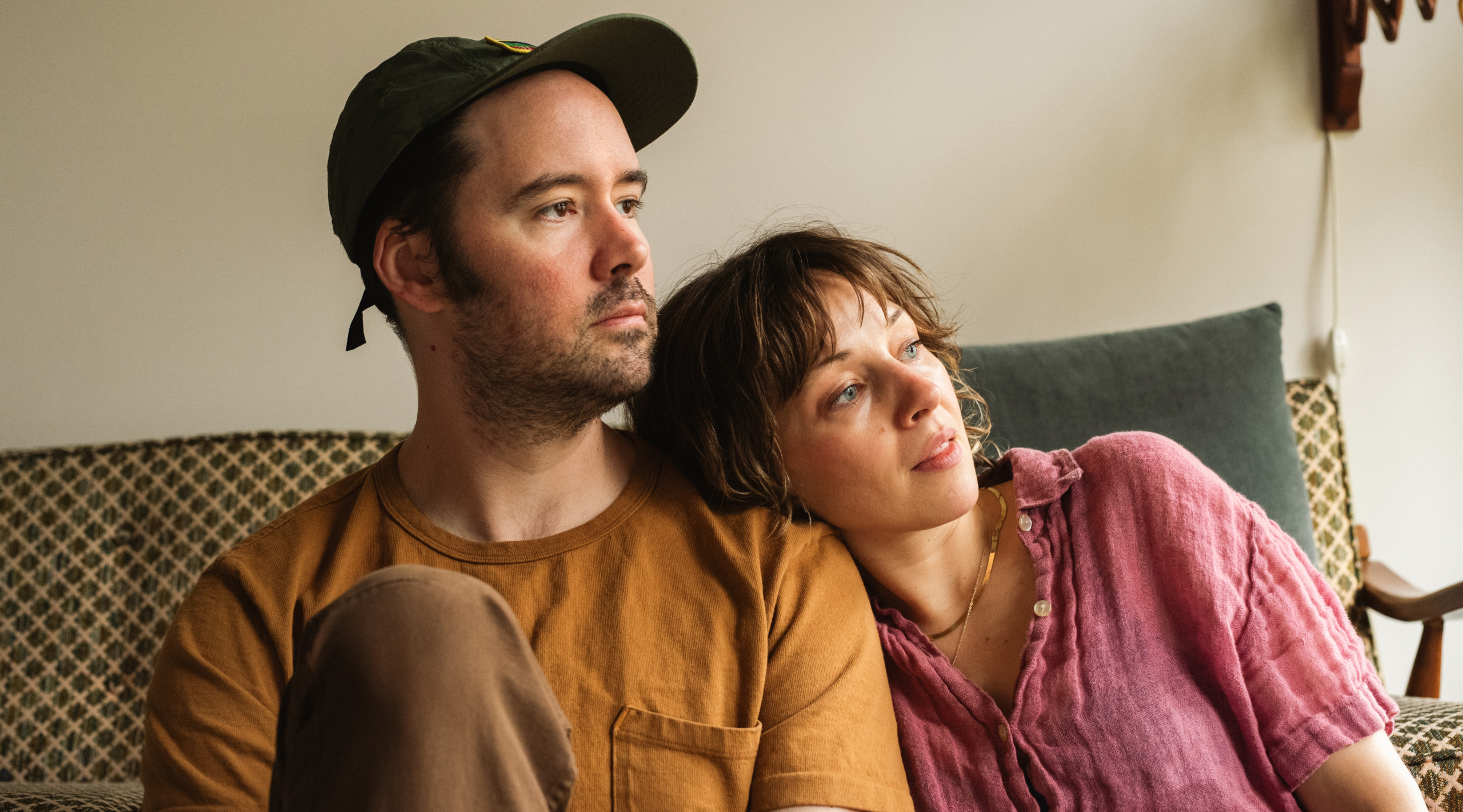This post was originally published on this site

2025 Summer Listening Recommendations:
Rituals by Watchhouse
What’s the reason for our rituals—those habits that give us meaning and structure? What do they reveal about our need for belonging? In their newest album, Rituals, Watchhouse explores the tension between the comfort of routine and the ache of isolation, offering a musical meditation on identity, communion, and the divine patterns behind our own.
Husband-and-wife duo Andrew Marlin and Emily Frantz present 41 minutes of warm and understated folk, rich with introspection. In the mix, you’ll find Watchhouse’s signature approach to songwriting, with complex harmonies, lulling melodies, and honest lyrics that cut to the quick. But Andrew and Emily’s approach to the album employs a novel unity, both in sound and lyrics, in which the tracks work together to tell a story that will resonate with all of us.
But beneath the easy melodies and carefully composed reflection is a longing for what the album doesn’t name. The duo are grasping at identity, longing to make sense of the patterns of their lives. An undercurrent of anonymity drives a desire to simply belong and calls into question our typical solutions. The album considers the habits and patterns we use to define ourselves, and what happens when they fail to satisfy.
But while the album’s opening establishes the peacefulness of home and the patterns that shape our daily lives, the title track lets routines give way to restlessness:
I wish I remembered all my neighbors’ names
Someday I’ll knock on every door
Instead I sit here, wondering at the passеrsby
Why no one drops in anymore…
Our handwritten rituals may help make sense of our day, but the patterns we fit our lives into are more about creating a sense of what our lives mean, rather than finding it. The result is loneliness, isolation, and anonymity.
Unlike the way we choose to pattern our lives, rituals are meant to reveal ourselves by getting us out of ourselves. Like a national holiday or Eucharistic adoration, rituals center our lives on something beyond us. They get us in touch with a world outside our heads and outside our control. But the commonplace and everyday become oppressive when our patterns of life begin to isolate. We get in the way of being at rest when the rituals we write for ourselves cut us off from the world outside our heads. Self-creation isn’t the same as self-acceptance.
But Andrew and Emily don’t leave us in despair, though. As it unfolds, Rituals gestures toward healing through communion. Emily and Andrew’s harmonizations are musical cues that underline lyrical themes of mutual longing and mutual self-gift. The approach reaches its height midway through the album in “Firelight.” The call-and-response captures the intimacy and longing of lovers separated by distance. Mutual longing isn’t enough. And neither is proximity. Without both, lovers will always be lacking and looking for more.
But the need for communion takes a higher pitch in the album’s musical and lyrical climax “Endless Highway / Sway.” The two-part track shifts the motif of home from the personal to the universal. We’ve passed through the “to-and-fro” of daily life and self-involvement, and the singer finds both fear and solace in something greater than himself.
The album ends where life really begins, with the final track, “Patterns.” In the album’s denouement birds take flight and seasons turn, and the singer looks outward to the greater patterns life gives us. Self-knowledge, it turns out, doesn’t begin with introspection. It begins by bumping up against reality. As real life intrudes, the song gestures toward an order not made by us, but given to us to be accepted by us.
The warmest and purest moments, the moments of true rest are prefaced by a departure from the self. Be it into the arms of another, into the home of a neighbor, or even into “the Absolute” at the end of an endless highway. What the album never quite names, but unmistakably gestures toward, is the possibility that our rituals were never meant to be self-made. They were meant to be received. Andrew & Emily have touched upon a longing, one that will resonate with anyone this side of heaven.
In this life, no amount of spiritual progress or self-assurance replaces our need for community and our need for family. Our souls are made to reach out to another, and we find those encounters in the everyday. We find them in a world outside our own heads and in the arms of another. The true reason for our rituals is more than comfort. They’re meant for a God who has made himself known, and to guide us as we come to know him, by name, in our neighbors’ faces and in the everyday.
✠
Photo by Jillian Clark (courtesy of Shore Fire Media)



